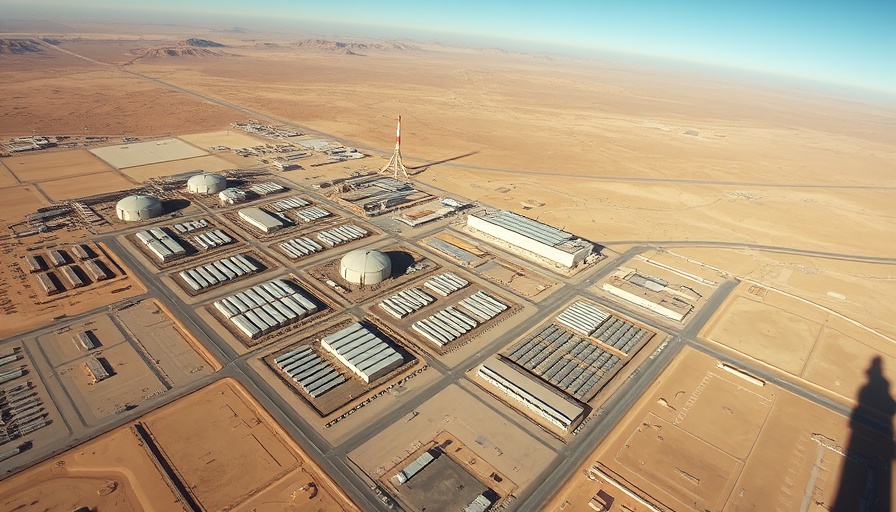
U.S. Military Action: A Historical Precedent
The United States’ recent airstrikes on Iranian nuclear sites mark a significant moment in international relations and military strategy. This is the first time the U.S. has engaged Iran in such a direct military capacity, escalating an already tense relationship and shaping the landscape of Middle Eastern geopolitics. With President Trump announcing the bombings of facilities at Fordow, Natanz, and Esfahan, the implications for global security may be profound.
The Context of the Conflict
The backdrop to this military action is a years-long standoff over Iran’s nuclear ambitions, which have drawn the ire of both the U.S. and its allies, especially Israel. Since the U.S. withdrawal from the Iran nuclear deal in 2018, tensions have been on a steady rise. The airstrikes, touted as a “successful attack” by Trump, are likely viewed not just as retaliation but as a message to Iran about the consequences of its nuclear pursuits.
Reactions from Global Leaders and Analysts
Reactions to the strikes have been mixed. Israeli Prime Minister Benjamin Netanyahu was quick to express support for the U.S. action, viewing it as a necessary step to curb Iranian influence and nuclear capability. However, within the U.S., the strike has been divisive, even among Republicans. Some of Trump’s closest allies have expressed concerns about the potential escalation of military conflict and the ramifications on U.S. soldiers and global stability.
The Technical Side of Nuclear Facility Strikes
Experts highlight that while a bombing raid might destroy infrastructure, it won’t immediately eliminate Iran’s nuclear capabilities. Facilities like Fordow are designed to withstand conventional munitions, and the U.S. used a massive bomb specifically made to penetrate deep into bunkers, hinting at the sophistication of Iran’s nuclear operations. Yet, there remains a lingering concern that such military actions could spread radioactive materials if not executed with precise intelligence.
Broader Implications for Global Security
Beyond immediate military concerns, these attacks could spark broader geopolitical shifts. Iran might retaliate either directly or through proxy groups in the region—heightening threats to U.S. allies and interests in the Middle East. Additionally, the strikes could influence other nations’ nuclear policies, pushing some states toward greater military readiness in the face of perceived aggression.
What This Means for U.S.-Iran Relations Moving Forward
Trump urged for peace while simultaneously enforcing military action, a contradictory stance that leaves experts puzzled about future dialogues. The call for Iran to cease hostilities must contend with a backdrop of deep-seated mistrust. As military actions unfold, diplomatic efforts may become increasingly complex, requiring a delicate balance between showing strength and fostering avenues for negotiation.
The Future of Military Engagement in the Middle East
This operation could set a precedent for how the U.S. engages with Iran and potentially other nations. The approach taken here may influence future military interactions and diplomatic negotiations. As the world waits for Trump's address to the nation, it will be crucial to assess both immediate and long-term effects of the airstrikes not only on U.S.-Iran relations but also on global stability.
As the landscape of international relations evolves, staying informed and understanding the nuanced implications of military engagements becomes vital. For those looking to grasp the depth of this situation, watching the developments following these strikes will offer crucial lessons in diplomacy and military strategy.
 Add Row
Add Row  Add
Add 




Write A Comment